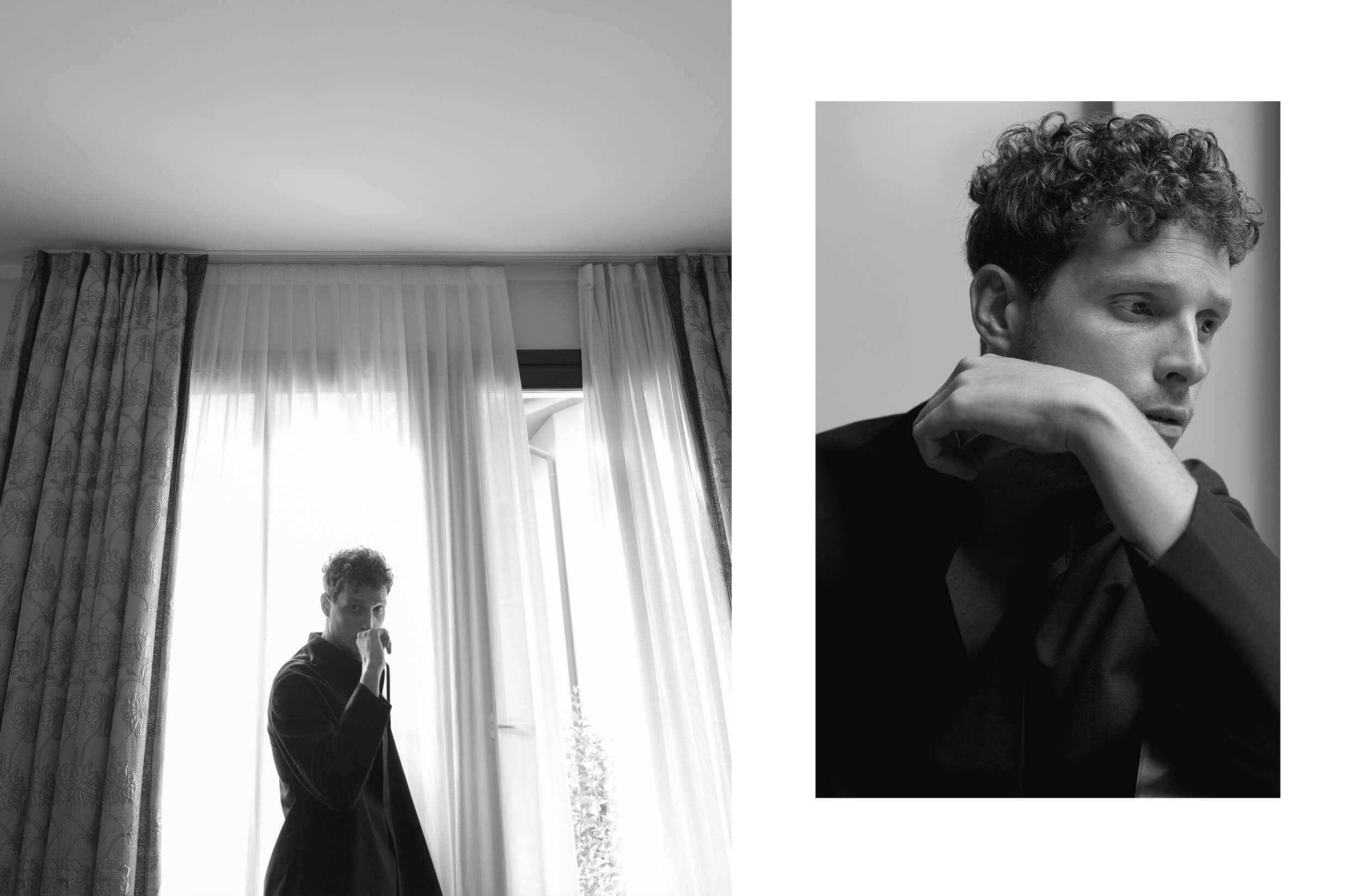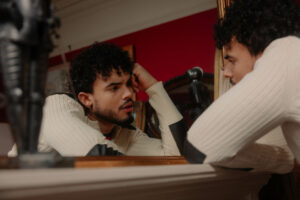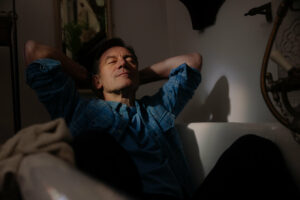“And for how far we still need to go…”
Some say that our path has already been outlined, and some others believe that nothing is definitive. And yet, there are people like Alessandro Piavani, who in life have preferred to walk unmarked paths, to discover where they will take him. So far, acting-wise, he’s played parts in projects such as “The Little Drummer Girl” and “Block 181,” besides having received the “Premio Kinéo Giovani Rivelazioni.” It is in Venice, just a few minutes from the red carpet of the award ceremony, that we met him in his room to talk about the depth of cinema and the actor’s craft. Between the desire to get involved, to make choices that help him grow both as a person and as a professional, and the preparation for a character, Alessandro reminds us of the importance of empathy and welcoming things as they come, without always having an answer to the question that most frightens him: “What now?“.
What is your first cinema memory?
When I was 4 or 5, I was convinced that in the theater you could see the films thanks to a giant VCR placed under the screen, and that 40 people had to carry a giant VHS before the audience came in. Then, thinking I had an enlightenment, I realized that a normal VCR also works with a huge screen. But I couldn’t explain why I had to wait so long for my favorite movies to come out on VHS, since the tape already existed. It took me some time to turn my head around the room and see the projector.
You have participated in numerous Italian and international projects, including films (“Saremo giovani e bellissimi “, “Blanca”) and successful TV series such as “The Medici”, “The Little Drummer Girl” and “The Mafia Kills Only in Summer.” What is that thing that makes you say “yes” to a project?
I think at the beginning of your career it is important to work as much as possible to grow as much as possible. I was lucky, because most of the jobs I’ve done so far have been projects I believed in, but I know it would have been difficult to say “no” to a project that maybe didn’t convince me 100%. Now it feels I’m at a different stage of my journey: I can speak freely with my agent and make more reasoned choices.
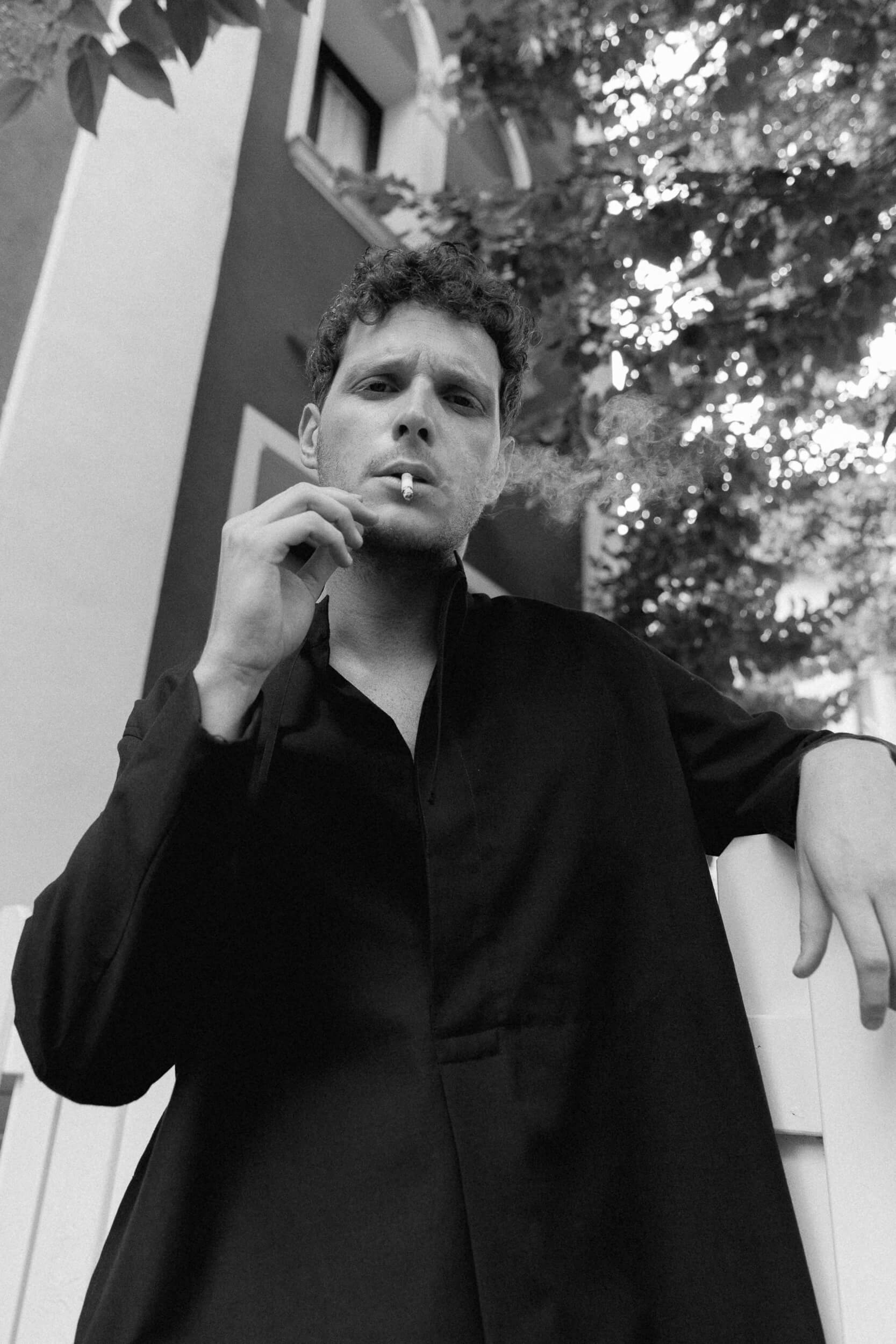
The things that move me the most are story and vision. So script and direction.
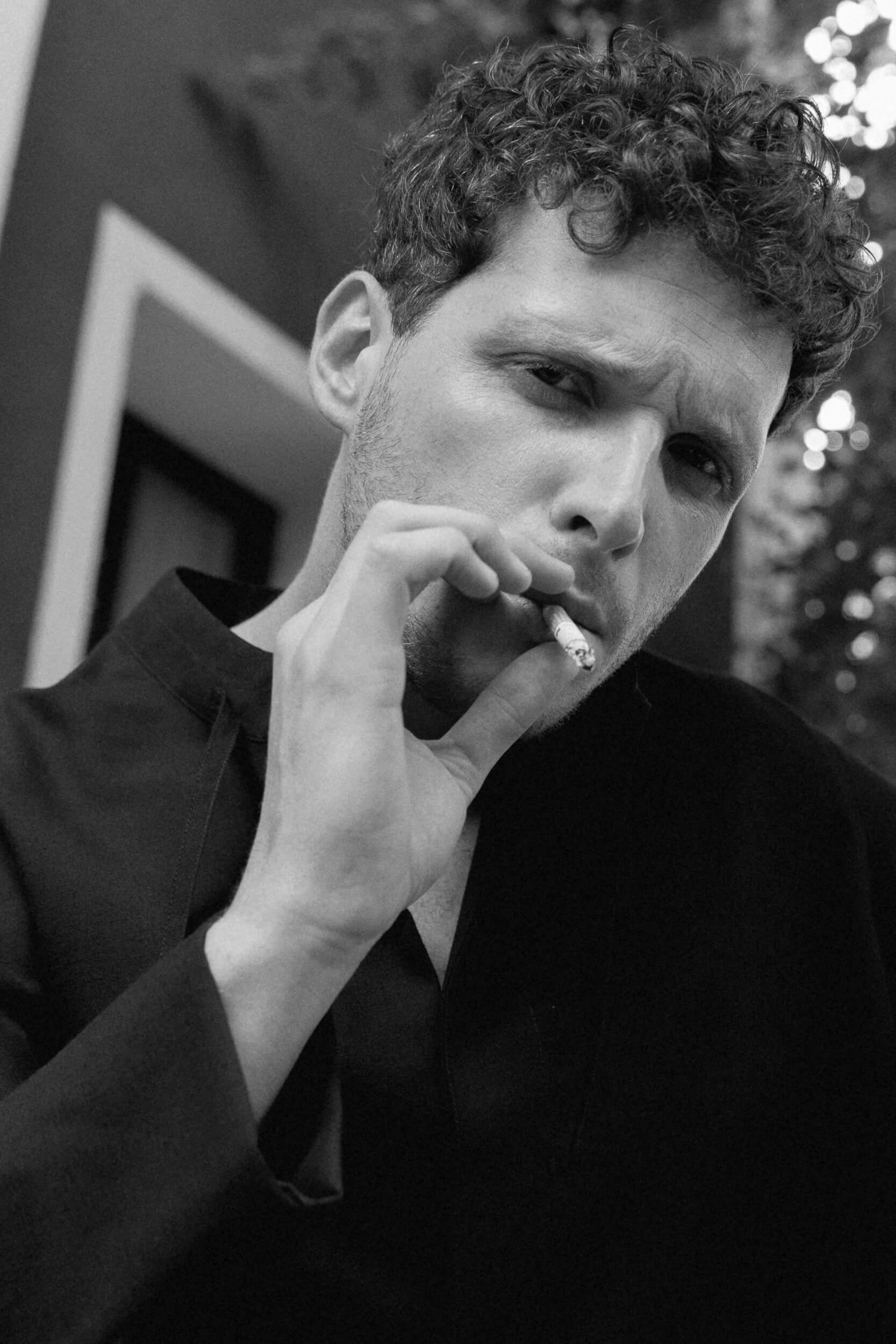
There are stories that cannot but be told and directors with whom one cannot but work with.
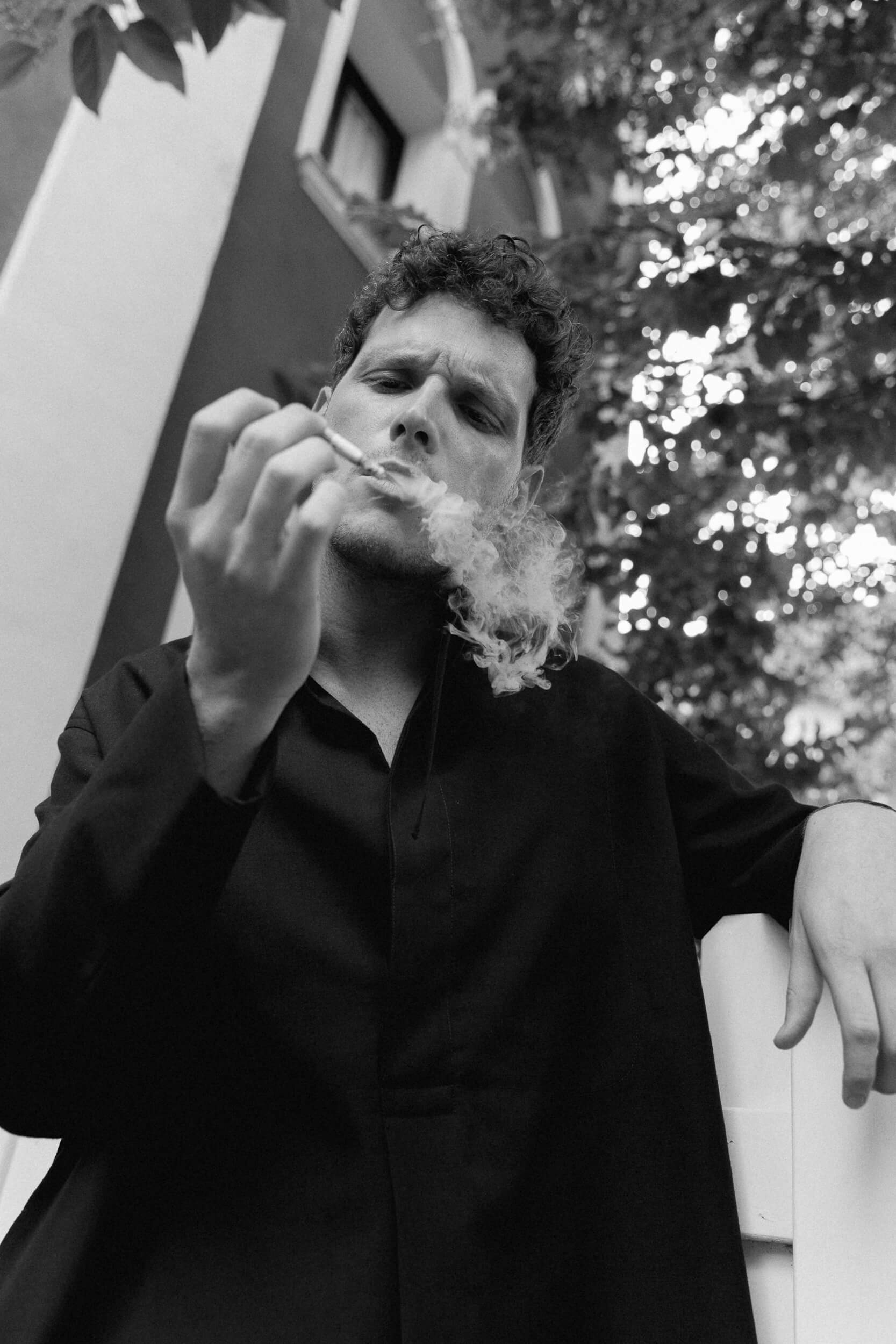
What do you usually ask yourself when you read a script for the first time?
The first time I read it I try to ask myself as few questions as possible. If it runs well, I don’t have to ask myself anything. I like it when a script has something to say and doesn’t compromise to say so.
One of your latest projects is the Sky Original “Blocco 181” series. The series narrates the multicultural communities living in block 181 of the Milanese suburbs, and you play Ludo, a fish out of water, in a sense, because he comes from the “upper middle class”, unlike his friends. How did you approach this character? And how did you manage to balance his facets?
For me Ludo was an irresistible character. A Peter Pan who struggles to grow up and find his place in the world, who leads a dissolute life to anesthetize loneliness and the fear of not being loved. It was difficult to resist the temptation to linger too long on the unruly side of him. It is a side that Ludo hides, and I was afraid that by doing so I would also hide myself. It was important for me to show even the most sensitive and vulnerable part of him. But I can’t say how I did it.
What is “left” of Ludo in and for you?
All. In the sense that everything that is in Ludo is in me. And vice versa. It’s hard for me to make a distinction, it’s me and it’s not me at the same time.
Ludo has a lot of solitude in him. How do you personally live “solitude”?
At times, when I experience solitude, I welcome it, and even seek it, and at other times it makes me suffer. But I think it can be a precious companion, a fertile moment especially for the creative process.
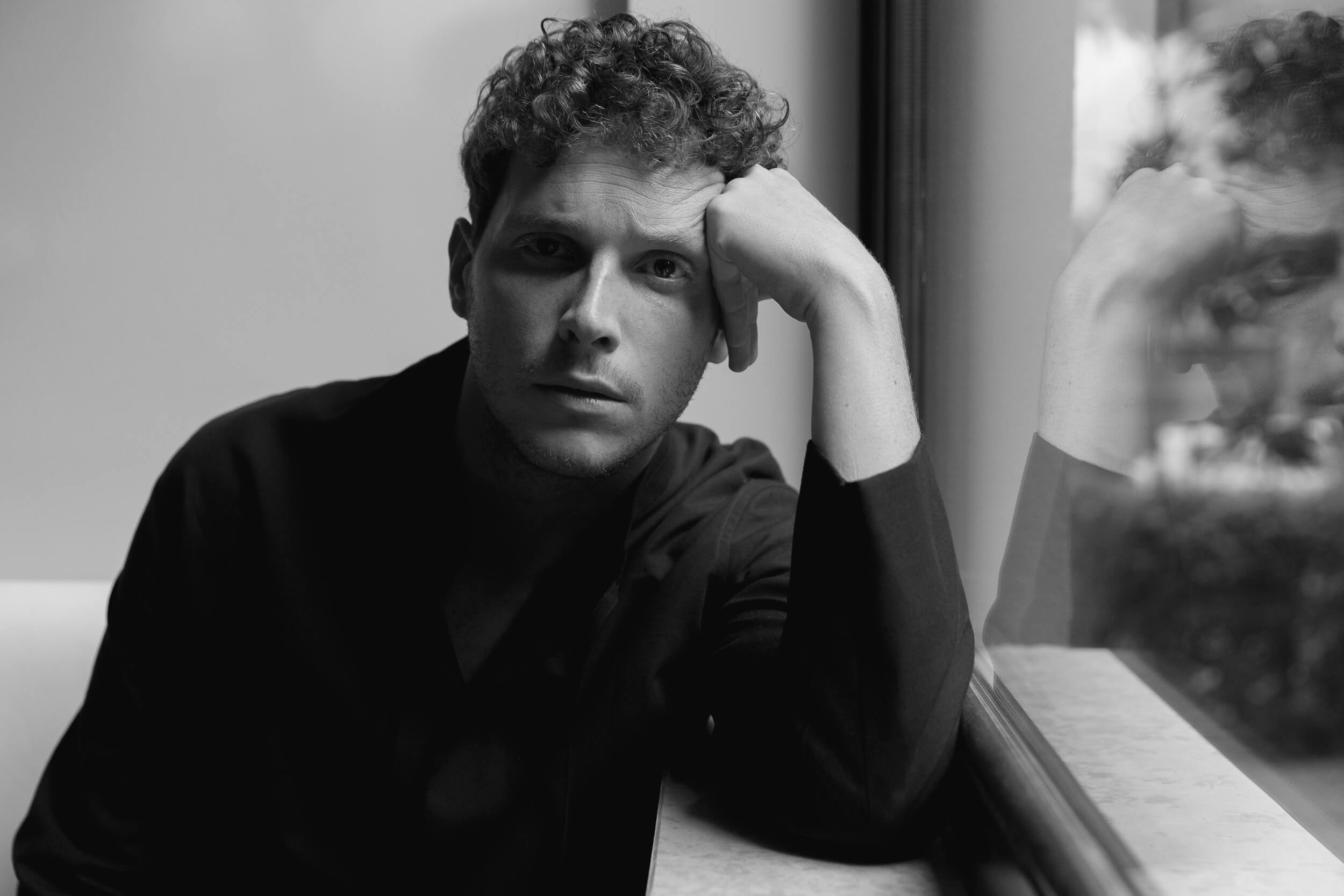
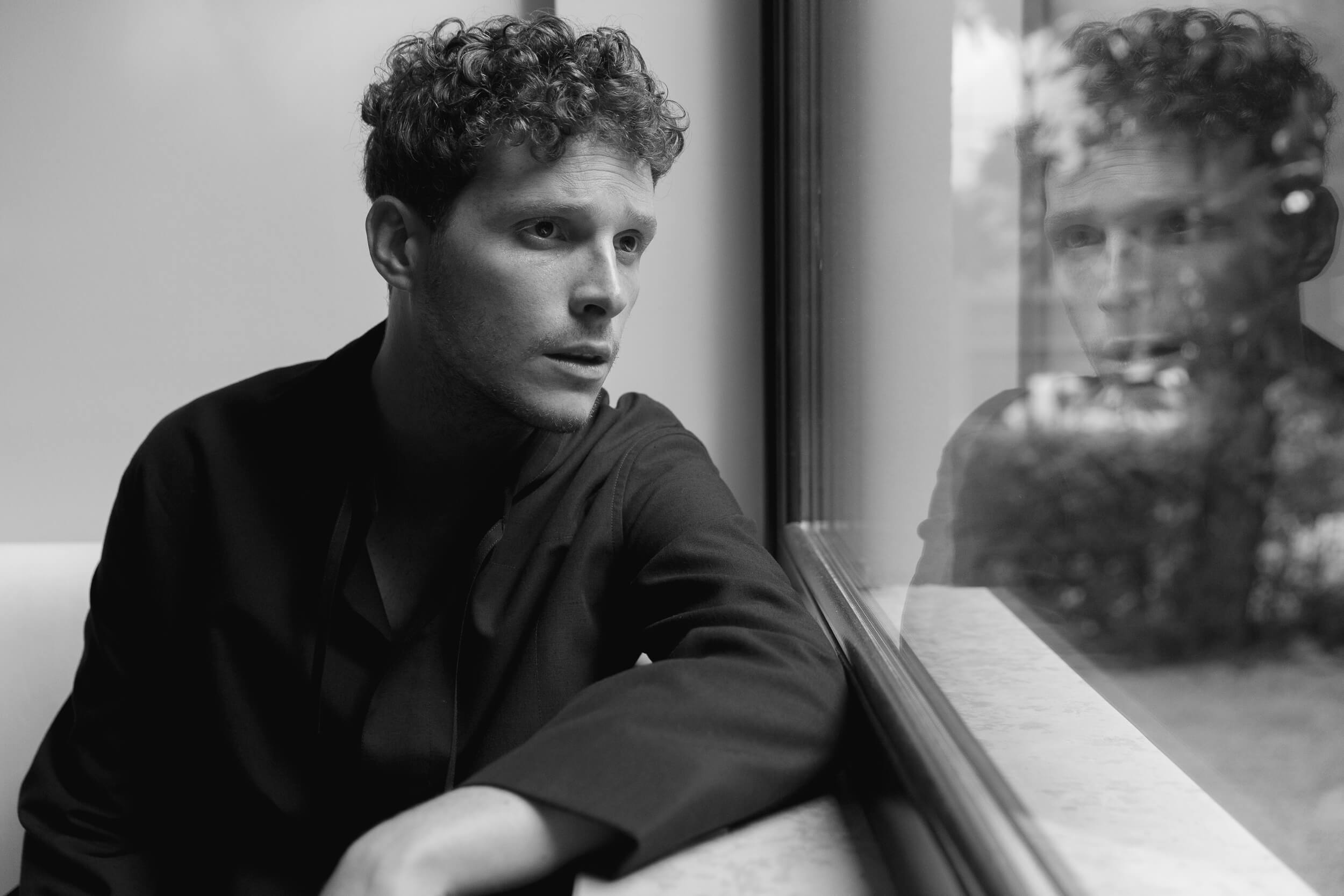
“…everything that is in Ludo is in me. And vice versa”.
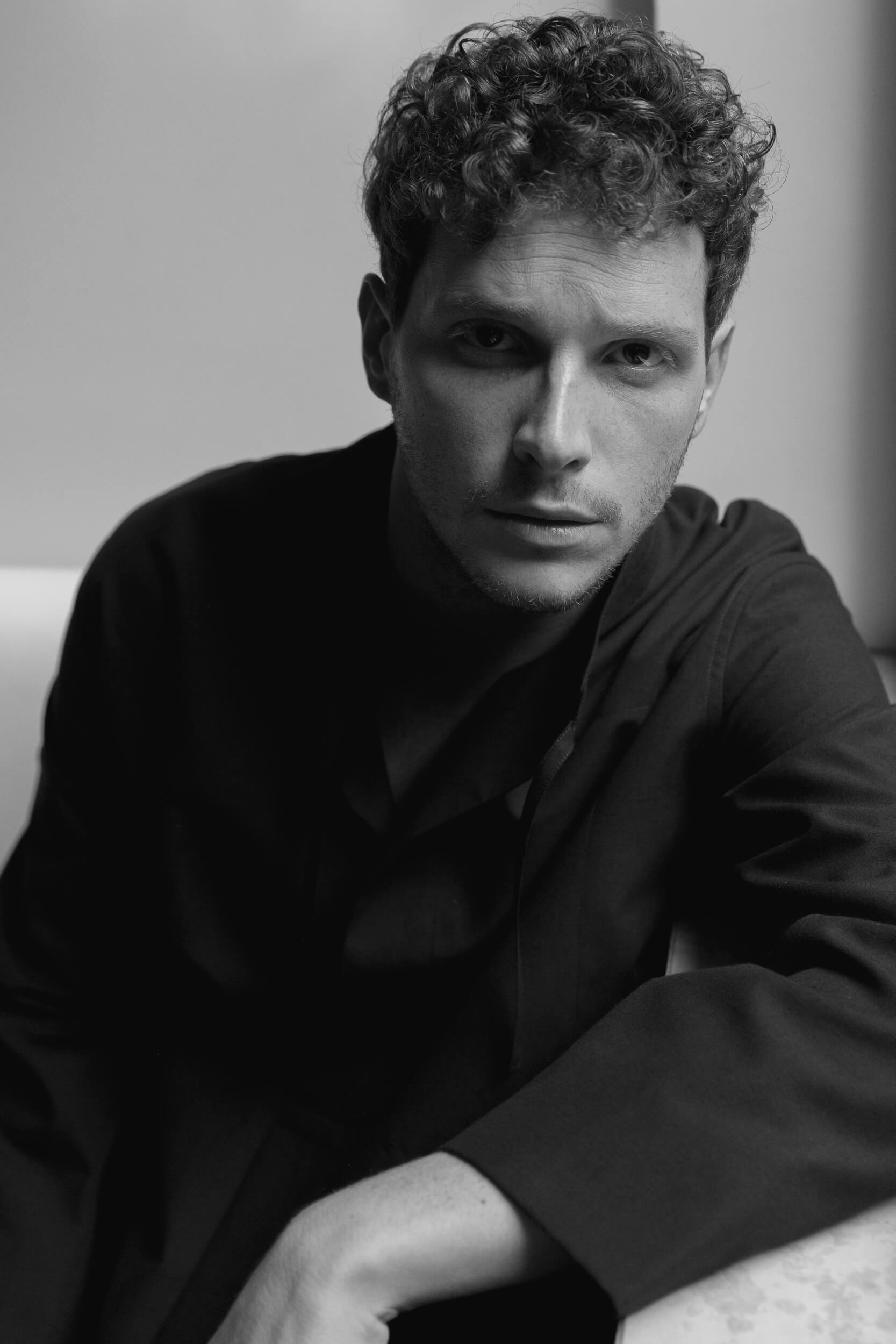
I think that being an actor, with the many characters you play, you also get to work on yourself, learning new things about yourself. What’s the latest thing you discovered about yourself?
I discovered that I want to embrace. I mean it in the sense of accepting, welcoming things as they come, as they are, without needing to control or change them at any cost. I find this very liberating, especially in a profession like mine where most things are out of my control.
What is the most difficult and funniest scene you remember acting?
For me, all the scenes are difficult. Indeed, sometimes the most difficult are those in which apparently nothing happens, in which you just have to move, move things: I seem to forget how to do the most basic things. Many of the scenes in “Blocco 181” were fun but the funniest was the one in which the boys jump into the pool and have their first, real approach.
When building a character, are you more rational or instinctive?
When I audition, I’m all about instinct, also because most of the time the information you have about the story, or the character is just the essential. Then in the preparatory phase before shooting I like to be very analytical and ask myself many questions, which most of the time I don’t even need. But once on set, I like to forget everything and stay in the present moment.
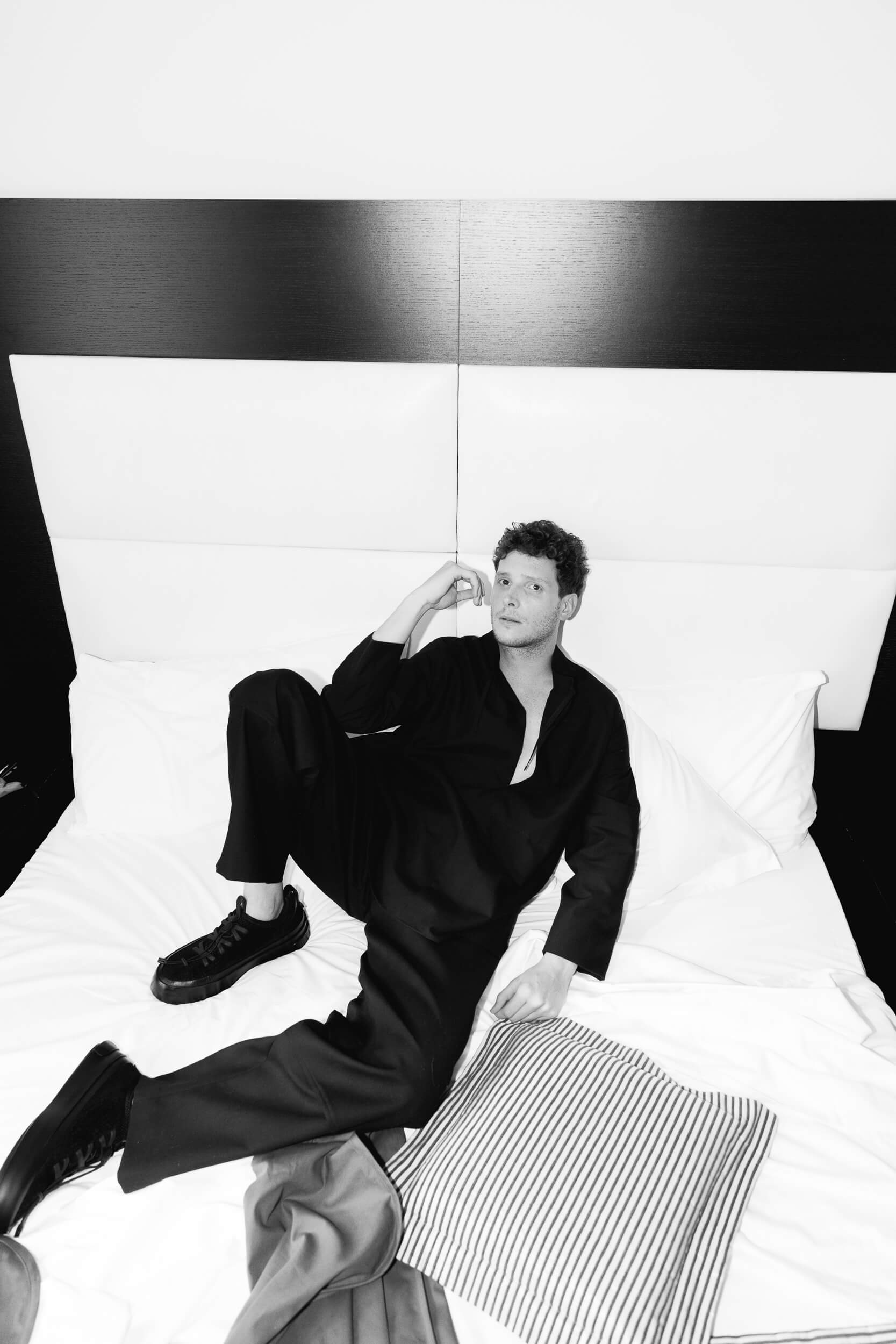
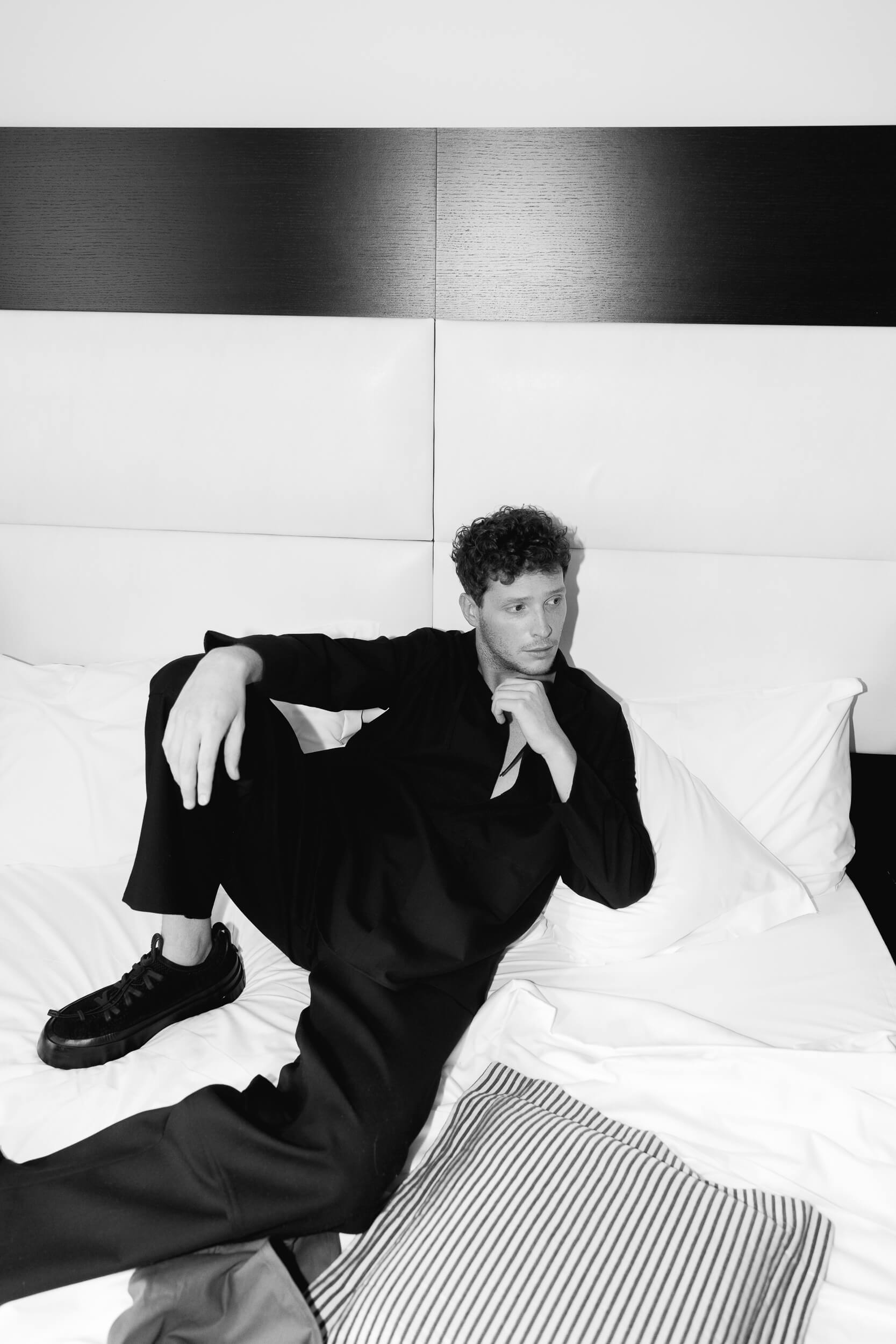
“I discovered that I want to embrace. I mean it in the sense of accepting, welcoming things as they come, as they are, without needing to control or change them at any cost”.
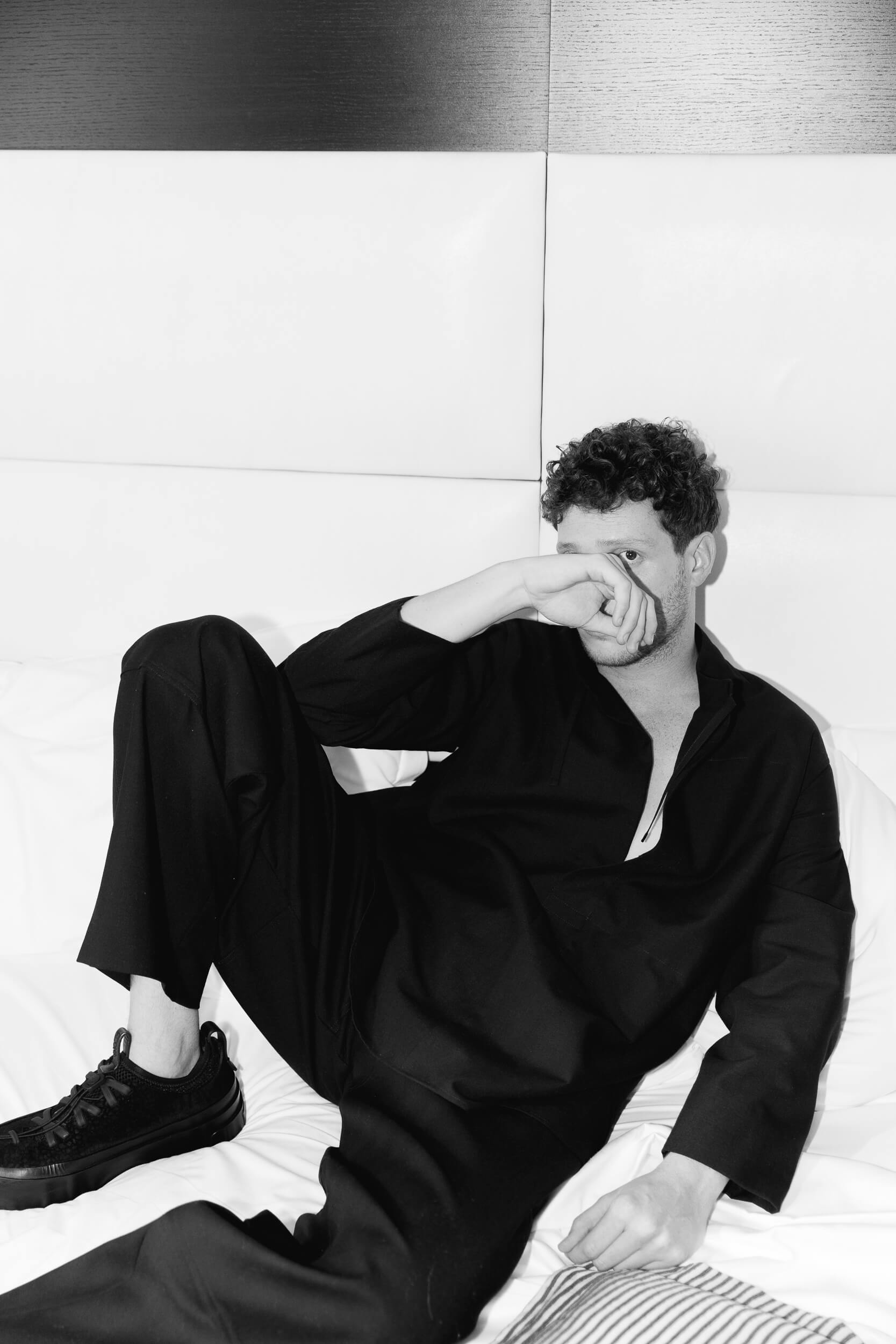
What does it mean for you having received the Kinéo Award?
It is a great honor. I humbly received it, hoping it is the sign of being on the right path.
You are a “Young Revelation” of the year: what has been an important revelation of your life to date?
Empathy is at the base of my job: putting yourself in the shoes of someone who is different from you, understanding the engines and functioning of their soul, without necessarily understanding the reasons. It seems to me that a common mistake we make is believing that we have to understand the other to accept it. It is not so. Empathy does not require understanding. There are things we could never fully understand about people who are not (or think they are not) like us, but that shouldn’t stop us from embracing them.
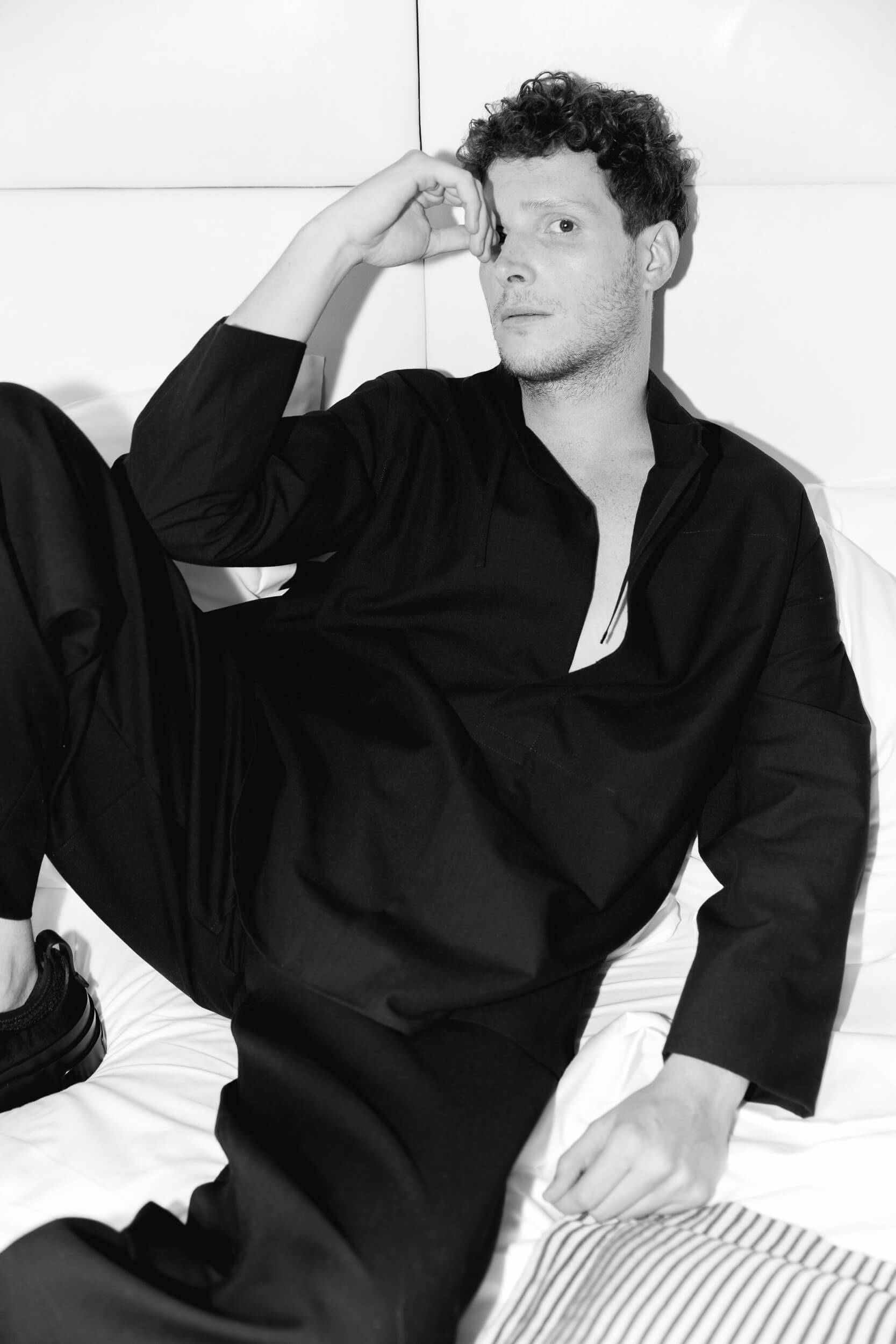
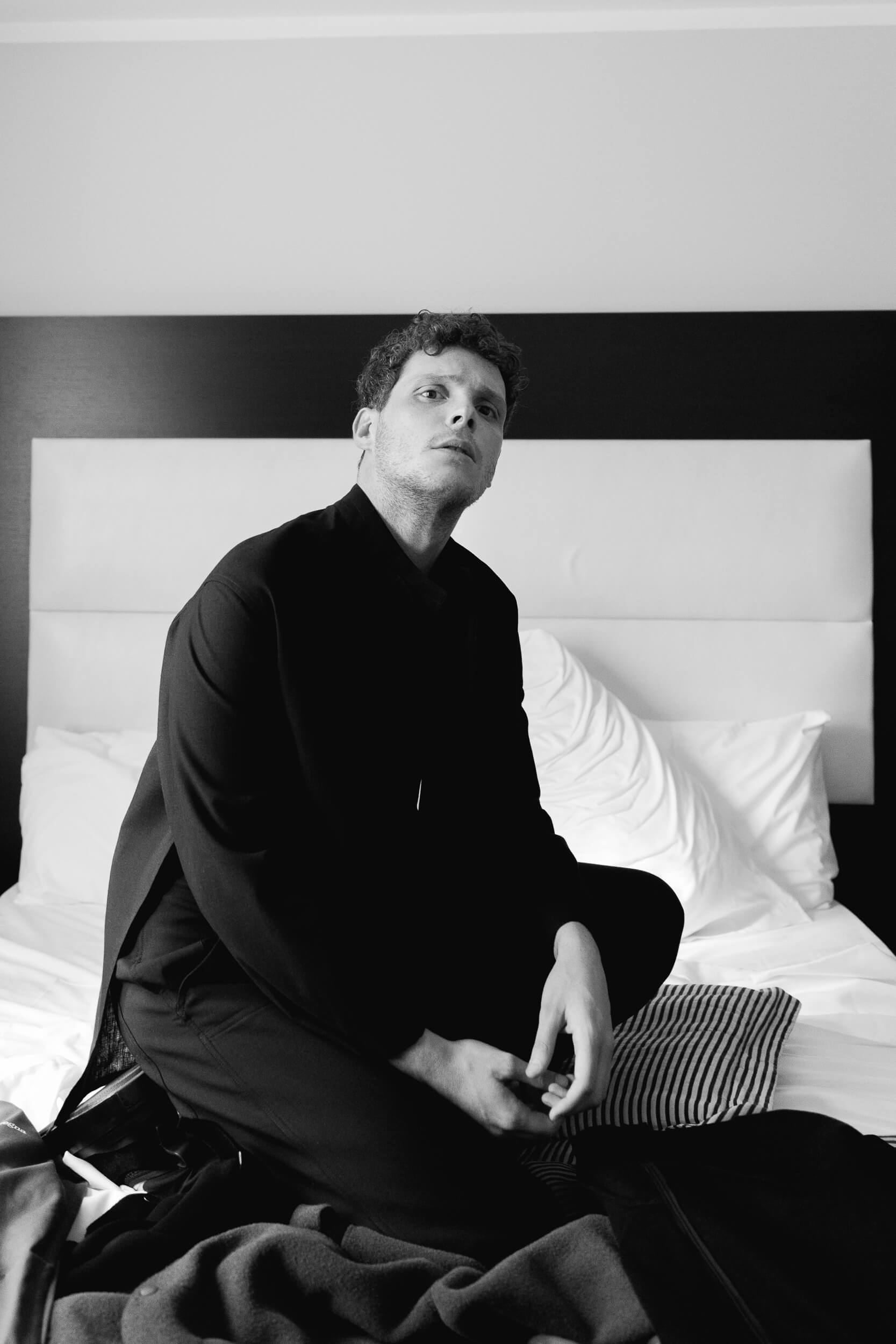
“Empathy does not require understanding”
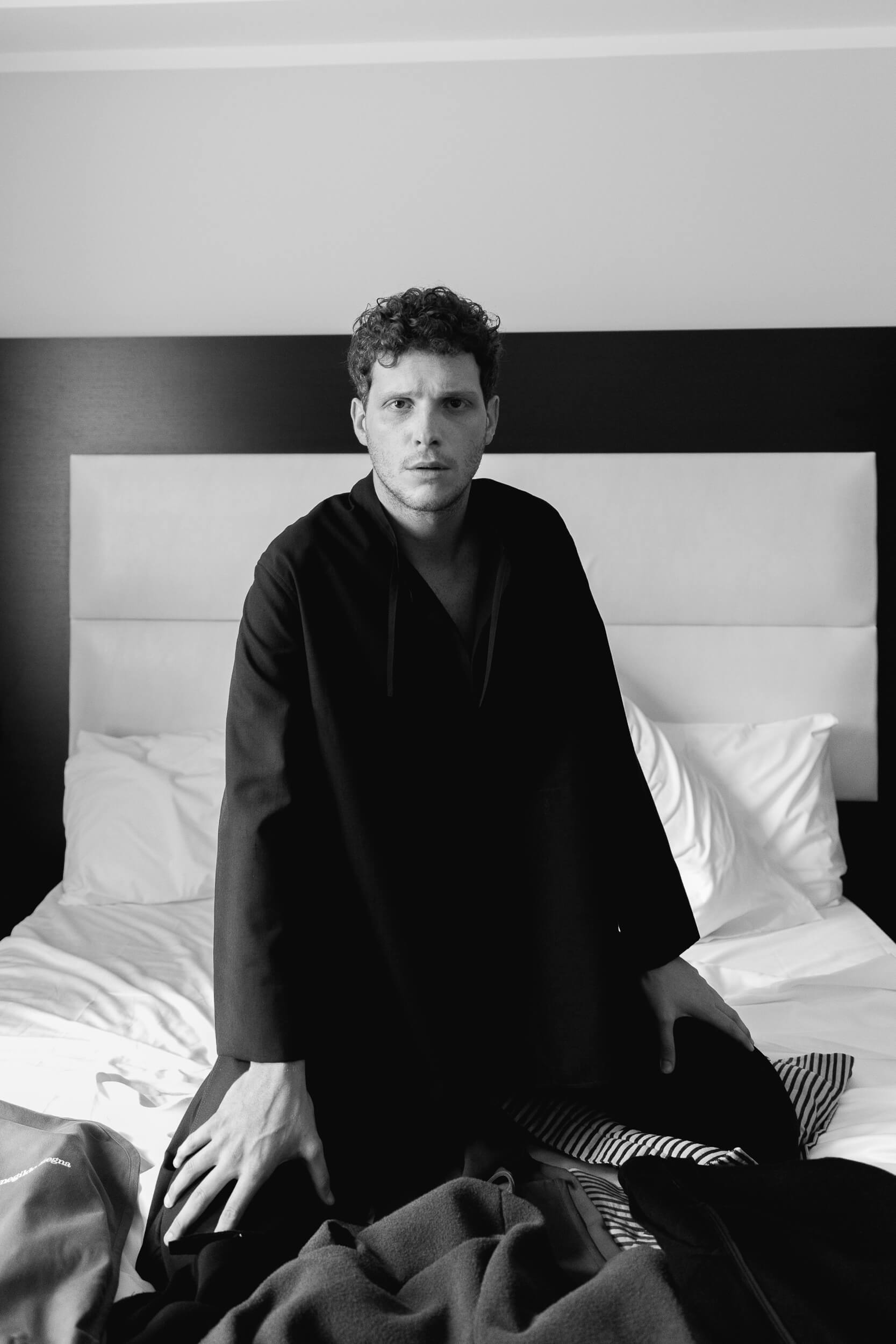
Your must-have on set.
My scribbled script.
What’s the bravest thing you’ve ever done?
Trying to live authentically without being afraid of other people’s judgment. Sometimes it is easy, other times it requires great courage.
What are you afraid of instead?
Not being able to do this job for the rest of my life. Much of our work, especially at the beginning, is made up of “non-work”. Whenever a project ends, the question is always “what now?” And the next role is not always around the corner.
Your greatest act of rebellion?
Pursuing a dream that has no mapped-out path.
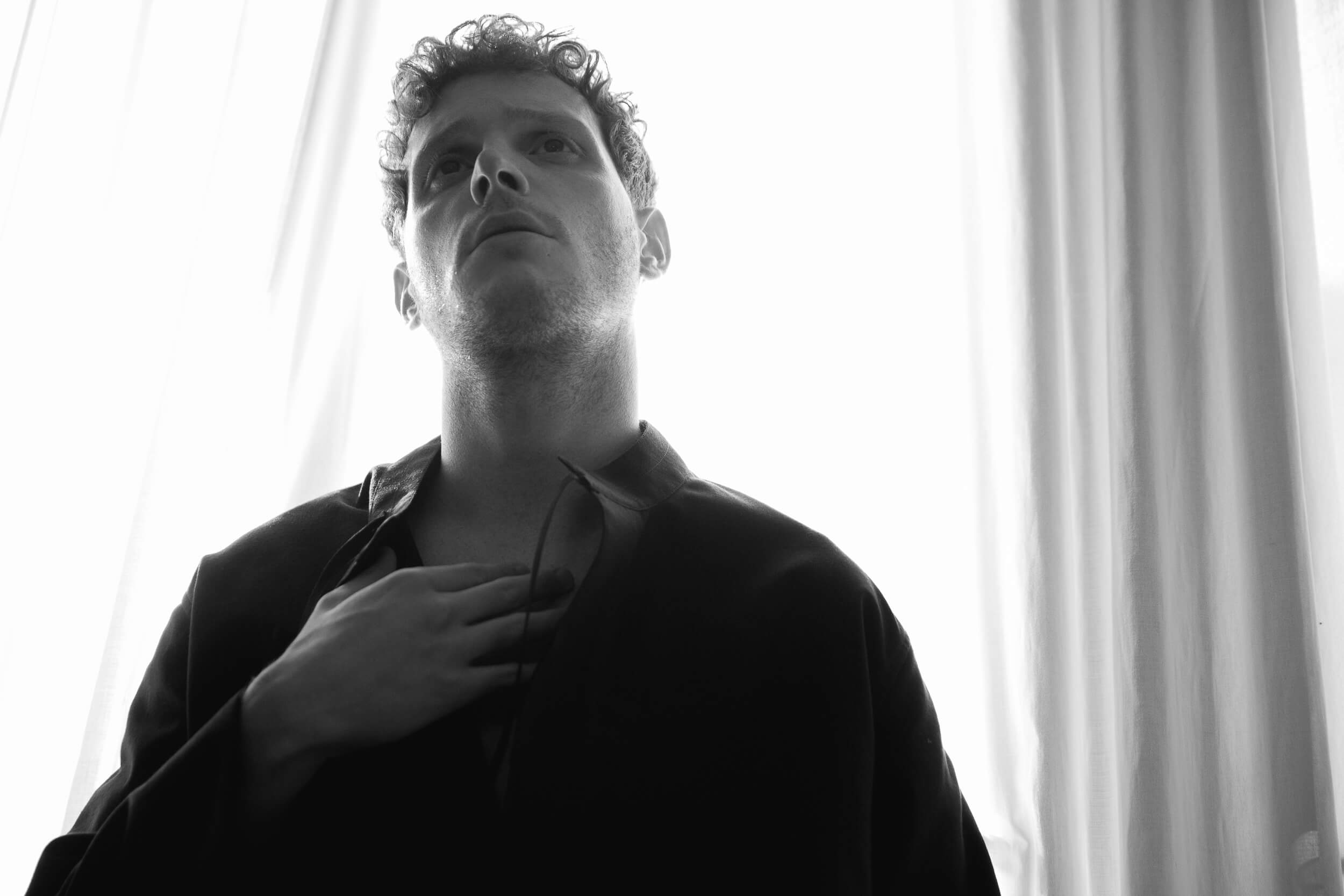
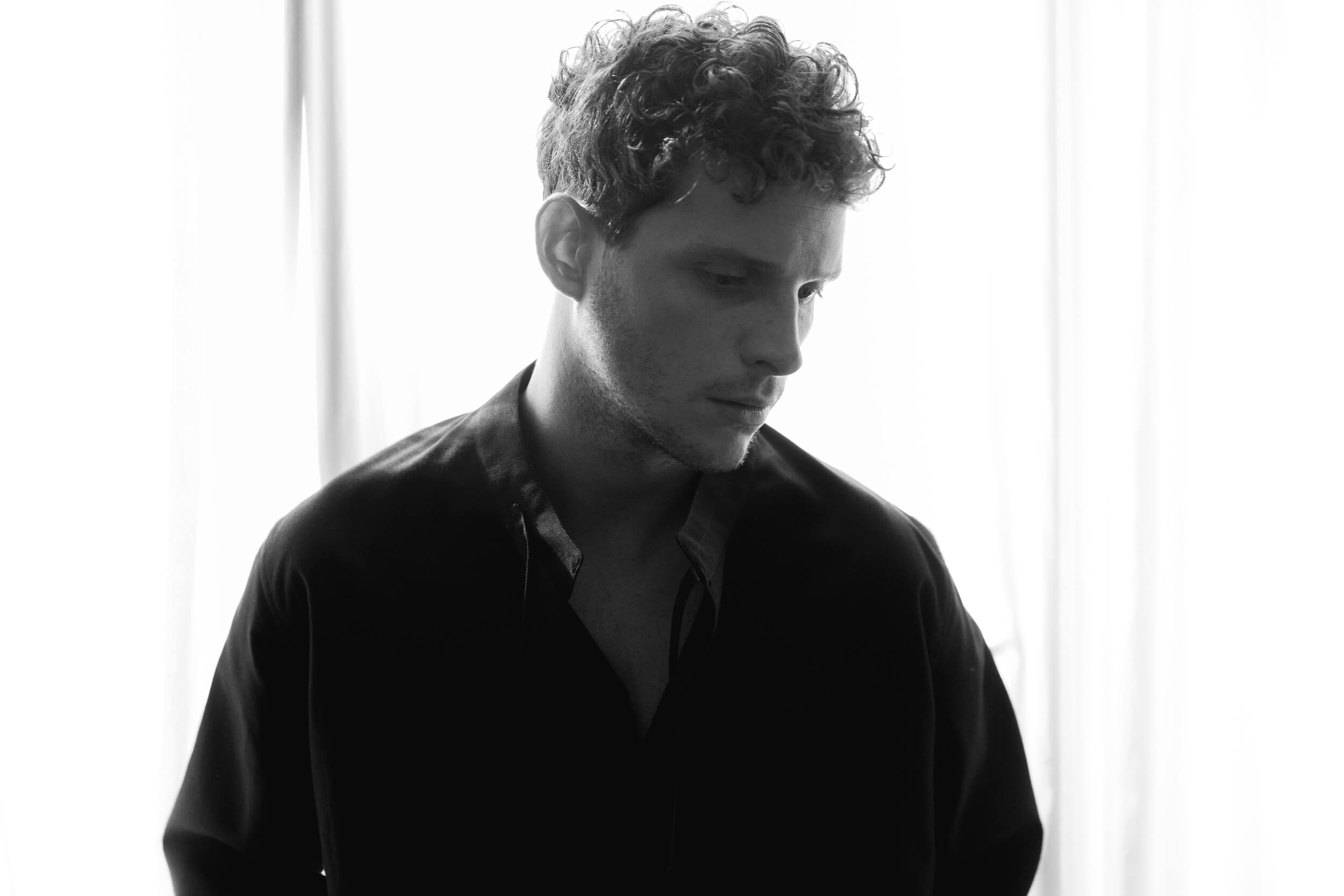
“what now?”
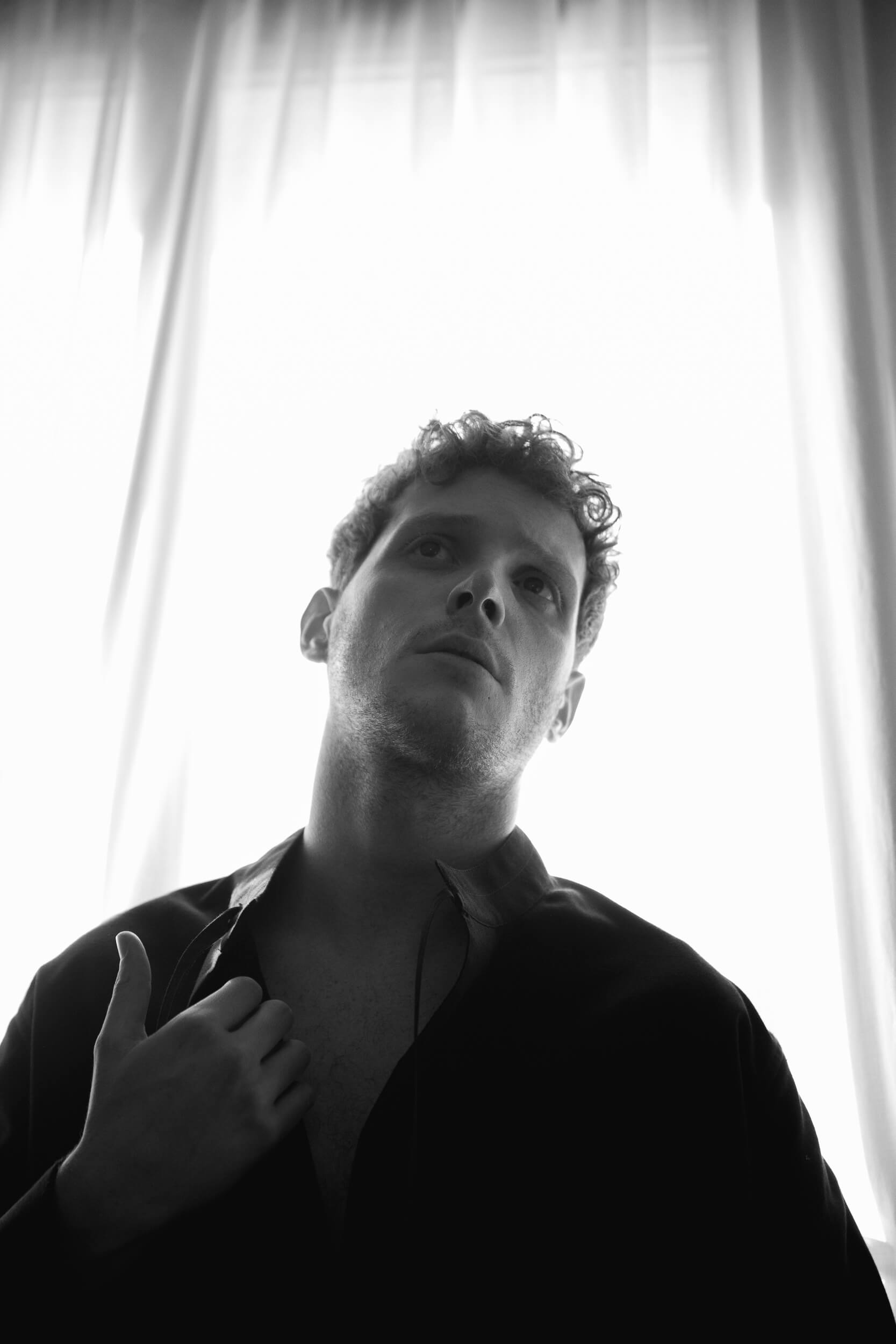
What does it mean for you to feel comfortable in your own skin?
It means accepting myself for who I am, with my idiosyncrasies and my flaws. Even more important for me is to replicate this paradigm for the other people as well.
What stories do you dream of telling? And to write?
To write or tell a story I need an urge. I have to feel the need for what I write before even writing it. And since this doesn’t happen often, I have a lot of unfinished stories in the drawer. I hope to be able to find the one that is worth telling soon.
The last thing or person that made you smile?
My nephews. It doesn’t matter how many films I make or how many times in Venice there will be in my life, for them I will always be Zio Ale [“Uncle Ale”]. Today they beat me to Mario Kart.
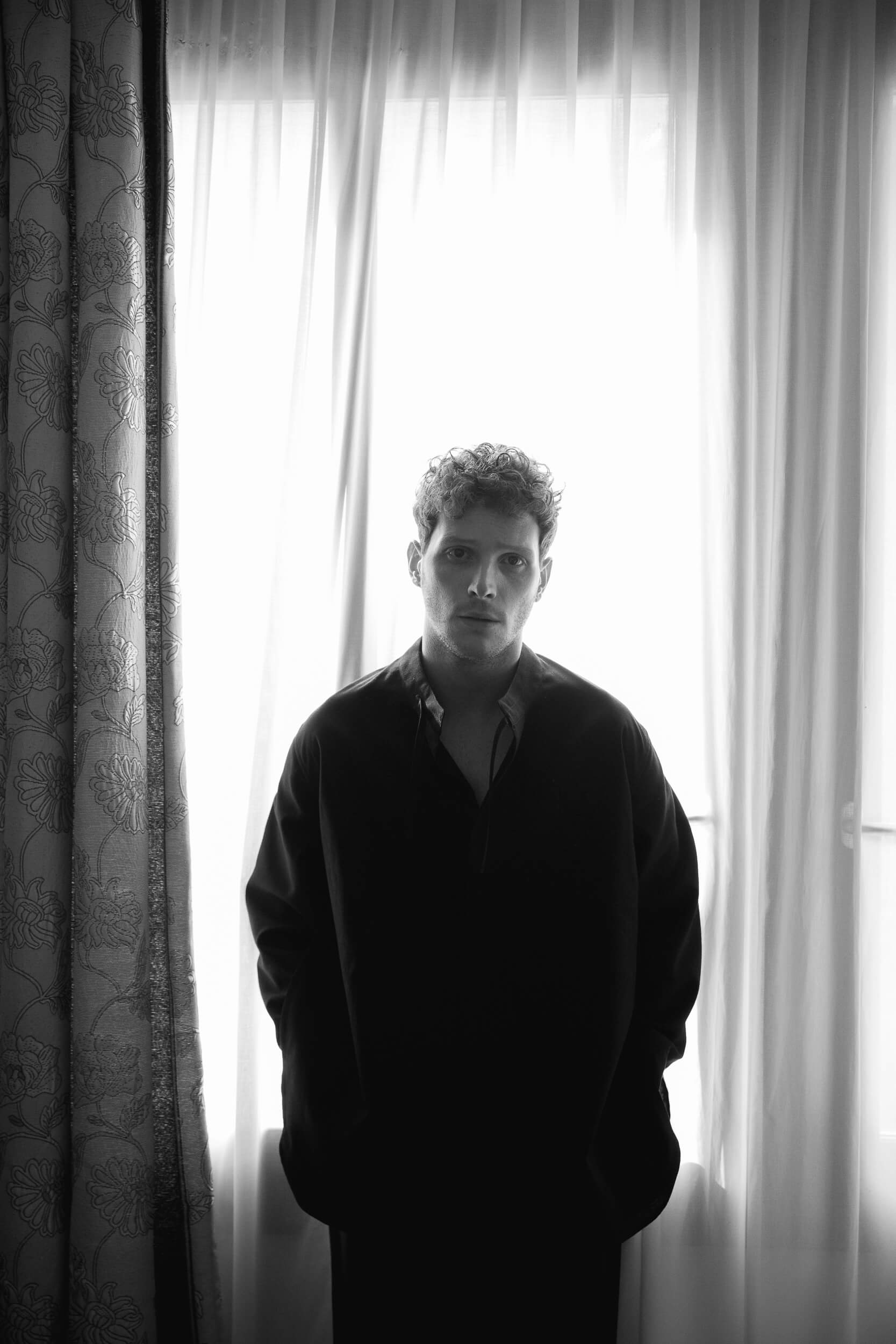
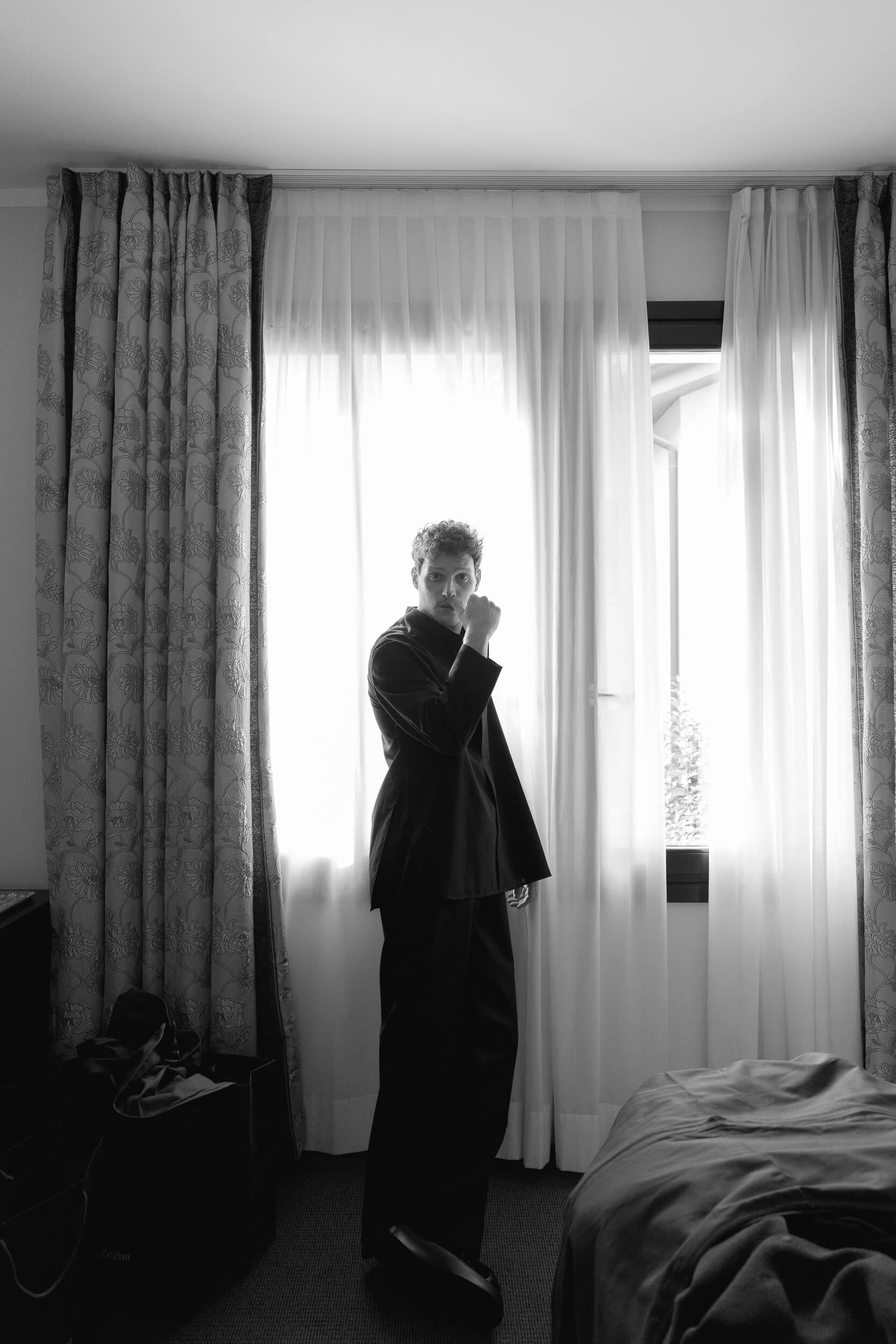
Photos by Luca Ortolani
Total look by Zegna

